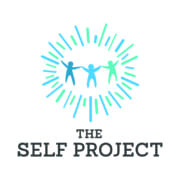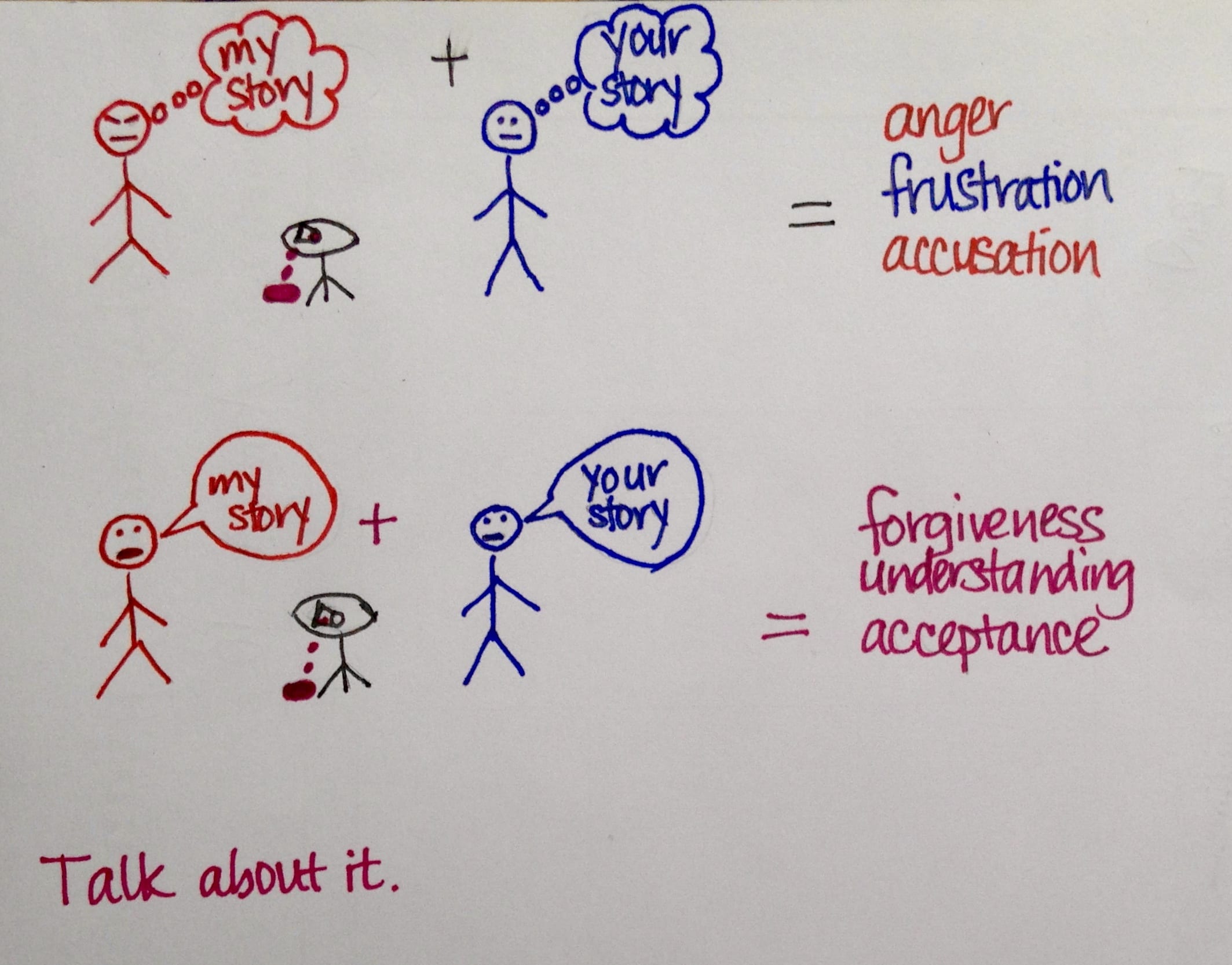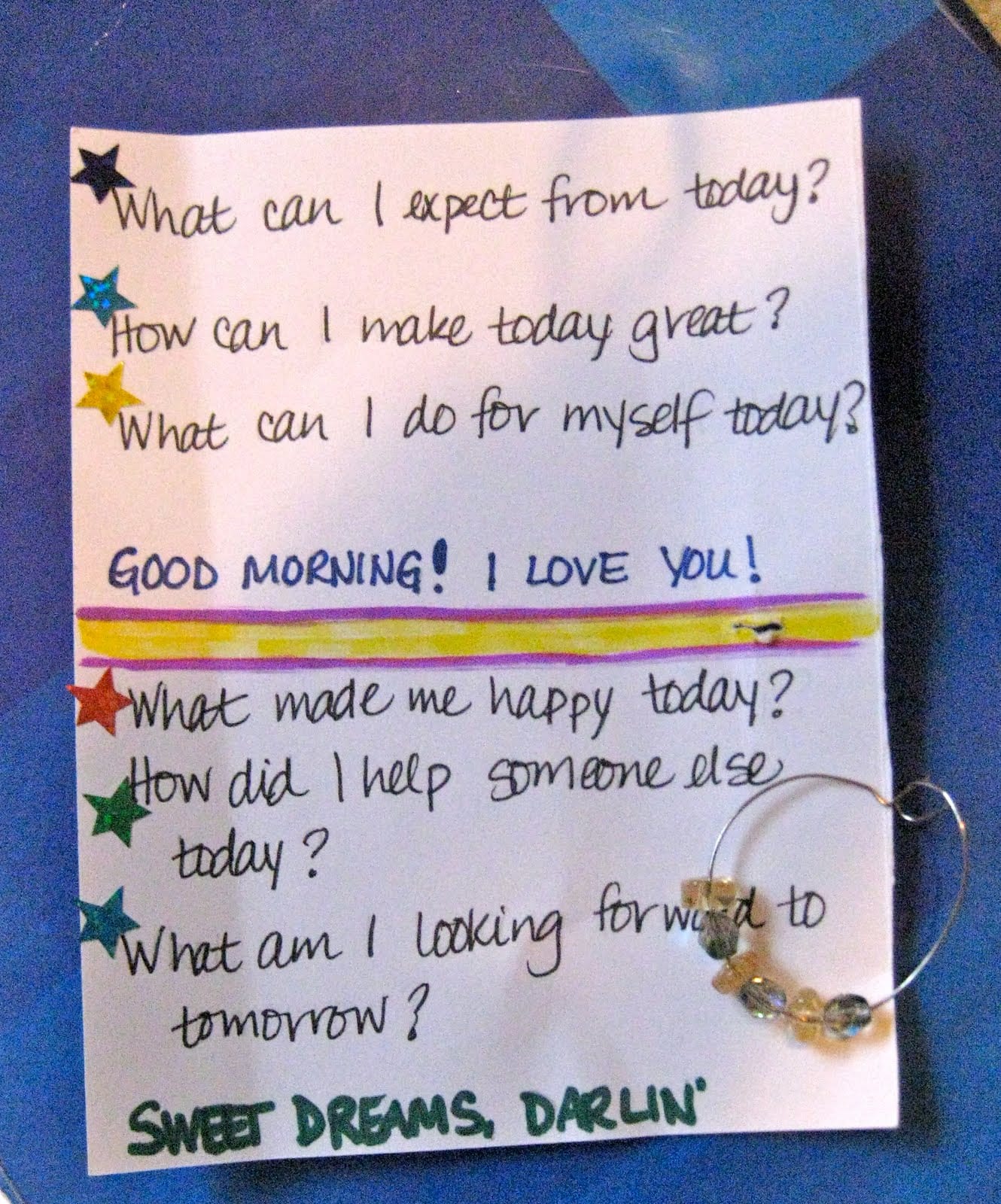Charged Conversations: How to Keep it from Getting Personal
Most of us don’t like conflict, so when we go in to a meeting or gathering where we know there will be disparate ideas and positions, we worry that things might get ugly. Maybe it’s the annual budget allocation summit, or a discussion about social justice or even a conversation with your teen about driving rules or curfew – any of those scenarios can go sideways pretty quickly if two people have different viewpoints or values. But if we want to have a constructive dialogue and actually make some progress toward a shared goal, we need to keep things on track. Here’s one way to approach it that keeps things from getting personal:
Disagree with the idea, not the person.
It is sometimes hard to separate the two, because of the way we’re conditioned, but it’s really important if you want to keep the conversation going. Challenge yourself to change the way you talk about something you disagree with and you might be pleasantly surprised.
Instead of saying something like, “How could you say that?” or “You’re wrong,” or “You’re a horrible person. Don’t you know _________________?” try to disentangle the idea from the person who suggested it.
This might look like, “Hmm, that idea doesn’t really jive with my personal experience because __________,” or “Here’s a different idea that I think is valid and deserves some attention.”
Yes, the person who suggested X did so for a reason (maybe their values or their life experience led them to it), but if what you’re after is a solution that works for everyone, it’s important to remember that we all have slightly different values and life experiences, and if we can extract the ideas and vet them on their own merits without attacking the idea generators personally, the conversation stays more focused.
This is especially hard when we come in with preconceived notions about who might pose which solution and why, but if we can set those things aside with an eye toward moving the conversation forward, we can be more efficient. In most cases, whether or not you personally like the people you’re working with on challenging issues doesn’t really matter unless you make it personal by too closely associating them with their thoughts. Helping others see things from a different perspective is easier if we are simply trying to get them to look at new ideas, instead of trying to change who they are as a person.
I used this tactic the other day on a local social media forum where folks were talking about the issue of homelessness in our neighborhood. I was tempted at one point to lash out at someone who was characterizing all of the homeless folks as “junkies” and “losers who choose homelessness,” but I resisted. We obviously didn’t end up solving the issue, but we were able to have a productive dialogue without alienating each other or leaving with hard feelings and since I have to live here, I’m pretty happy about that.










Leave a Reply
Want to join the discussion?Feel free to contribute!